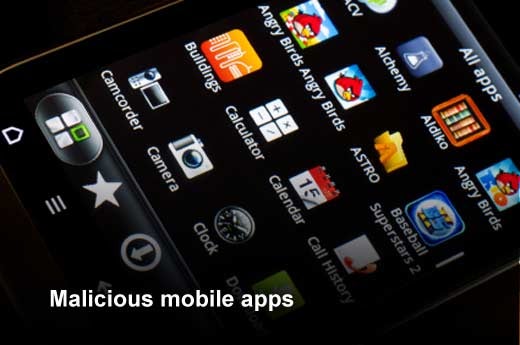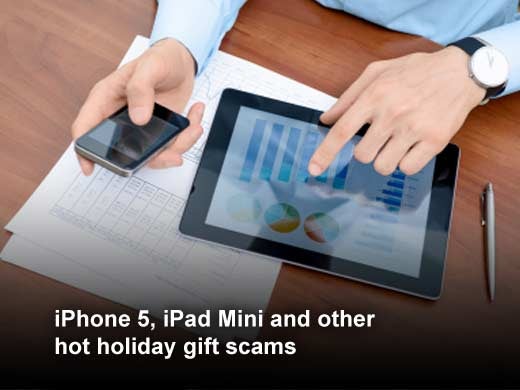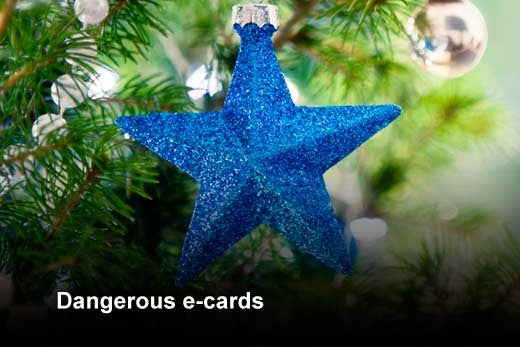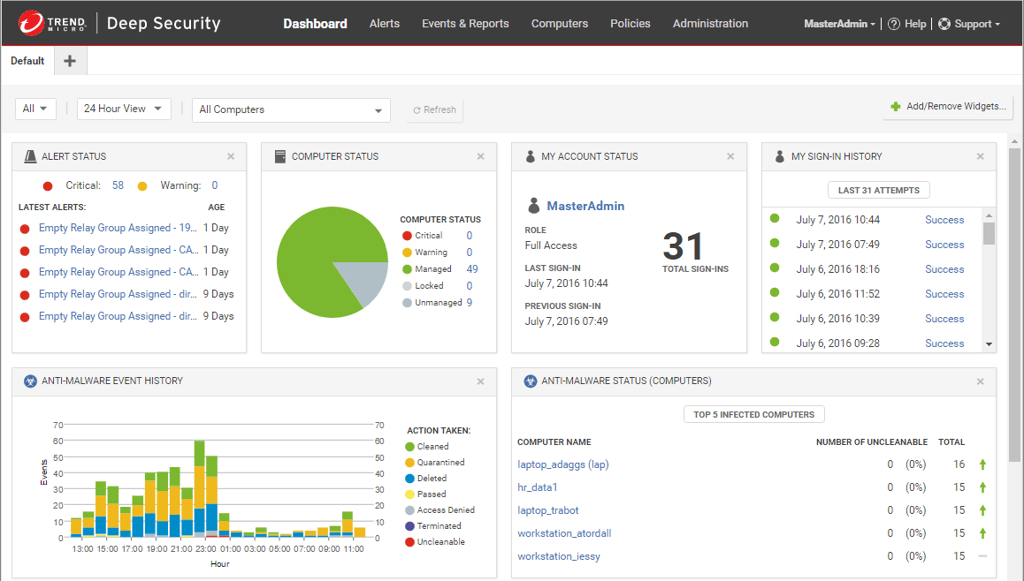McAfee, one of the world’s largest dedicated security technology companies, recently released findings from their 2012 Holiday Shopping Study. The study, conducted online among over 2,300 U.S. adults by Harris Interactive, investigates the online habits and behaviors of Americans, including those who indicate that they will engage with the Internet and mobile devices while shopping this holiday season. In light of these findings, McAfee also exposes the Top 12 Scams of Christmas that criminals plan to use to rip off Americans as they shop online this year.
While Americans have become accustomed to shopping online, and will do so in droves, they are also using their mobile phones for more of their everyday activities.
Among those Americans planning on using smartphones and/or tablets to purchase gifts this holiday season, over half (54 percent) are specifically planning to use apps for shopping and/or banking during the holiday season; as such, mobile devices have proven irresistible to cyber criminals, and now they are targeting mobile users through malicious applications.
‘Tis the season for consumers to spend more time online – shopping for gifts. 88 percent of those Americans who plan on shopping online during the 2012 holiday season plan on using a personal computer to do so, and 34 percent will use a tablet (21 percent) and/or smartphone (19 percent). But with nearly half (48 percent) of Americans planning to shop online on Cyber Monday for sales (45 percent using a computer, 10 percent using a mobile device), here are the “12 Scams of Christmas,” the dozen most dangerous online scams to watch out for this holiday season.

Click through for the top 12 scams for the 2012 holiday season, as identified by McAfee.

Cyber criminals know social media networks are a good place to catch you off guard because we’re all “friends,” right? Scammers use channels like Facebook and Twitter, just like email and websites, to scam consumers during the holidays. Be careful when clicking or liking posts, and while taking advantage of raffle contests, and fan page deals that you get from your “friends.” They advertise the hottest holiday gifts and ask you to install apps to receive discounts after your friends’ accounts have been hacked and start sending out fake alerts. Twitter ads and special discounts utilize blind, shortened links, many of which could easily be malicious.

As smartphone users we are app crazy, downloading over 25 billion apps for Android devices alone! But as the popularity of applications has grown, so have the chances that you could download a malicious application designed to steal your information or even send out premium-rate text messages without your knowledge.

Before you book your flight or hotel to head home to see your loved ones for the holidays, keep in mind that the scammers are looking to hook you with too-good-to-be-true deals. Phony travel Web pages, sometimes using your preferred company, with beautiful pictures and rock-bottom prices, are used to get you to hand over your financial details.

Soon many of these spam emails will take on holiday themes. Cheap Rolex watches and pharmaceuticals may be advertised as the “perfect gift” for that special someone.

The kind of excitement and buzz surrounding Apple’s new iPhone 5 or iPad Mini is just what cyber crooks dream of when they plot their scams. They will mention must-have holiday gifts in dangerous links, phony contests (example: “Free iPad”) and phishing emails as a way to grab computer users’ attention to get you to reveal personal information or click on a dangerous link that could download malware onto your machine.

People around the world will use Skype to connect with loved ones this holiday season, but they should be aware of a new Skype message scam that attempts to infect their machine, and even hold their files for ransom.

Cyber criminals can’t help but want to get in on the action by offering bogus gift cards online. Be wary of buying gift cards from third parties; just imagine how embarrassing it would be to find out that the gift card you gave your mother-in-law was fraudulent.

“SMiSishing” is phishing via text message. Just like with email phishing, the scammer tries to lure you into revealing information or performing an action you normally wouldn’t do by pretending to be a legitimate organization.

Phony e-commerce sites, that appear real, try to lure you into typing in your credit card number and other personal details, often by promoting great deals. But, after obtaining your money and information, you never receive the merchandise, and your personal information is put at risk.

This is one of the biggest scams of every holiday season. As we open up our hearts and wallets, the bad guys hope to get in on the giving by sending spam emails advertising fake charities.

E-cards are a popular way to send a quick “thank you” or holiday greeting, but some are malicious and may contain spyware or viruses that download onto your computer once you click on the link to view the greeting.

Online classified sites may be a great place to look for holiday gifts and part-time jobs, but beware of phony offers that ask for too much personal information or ask you to wire funds via Western Union, since these are most likely scams.





















